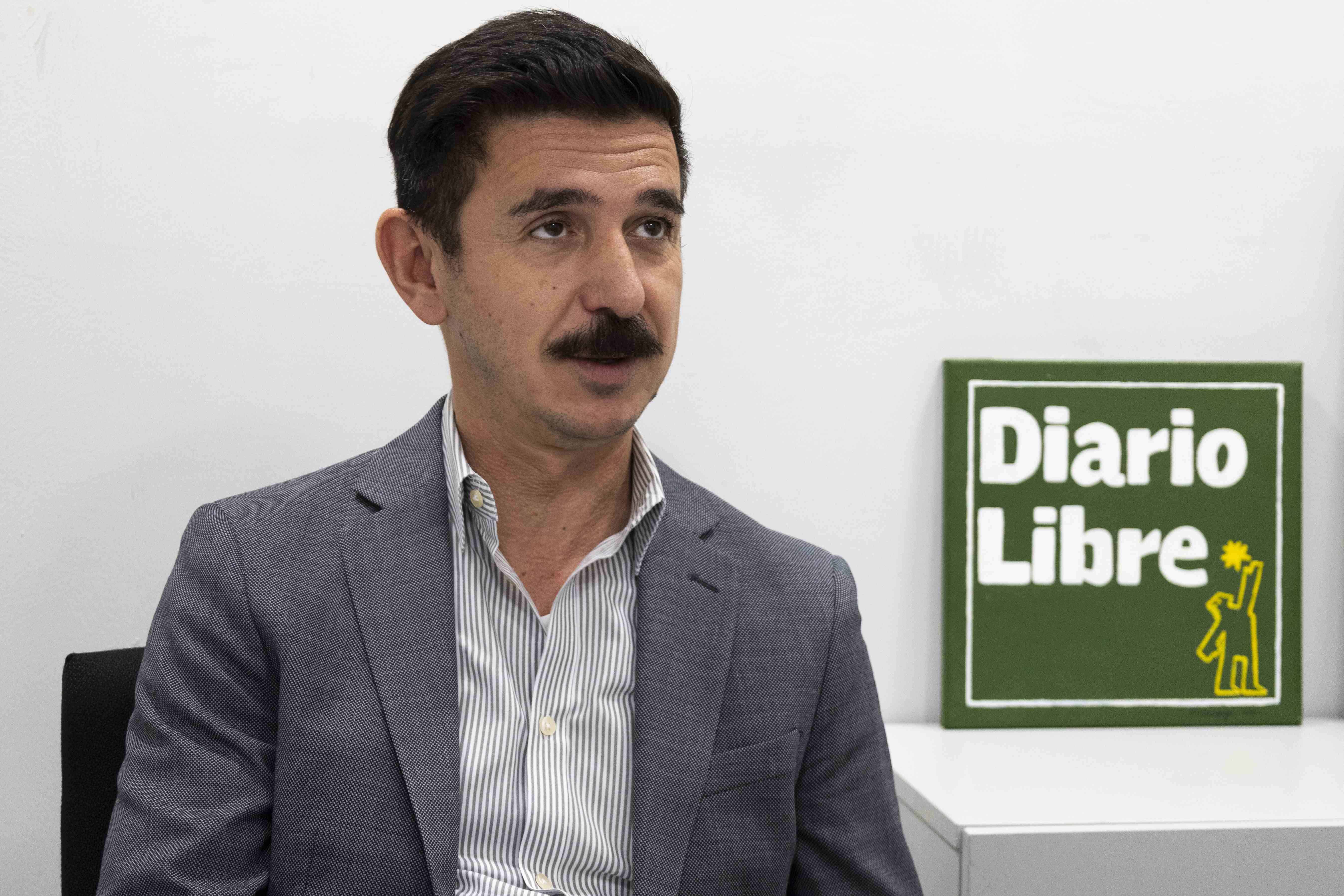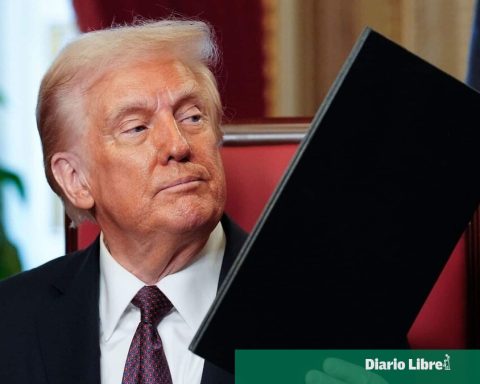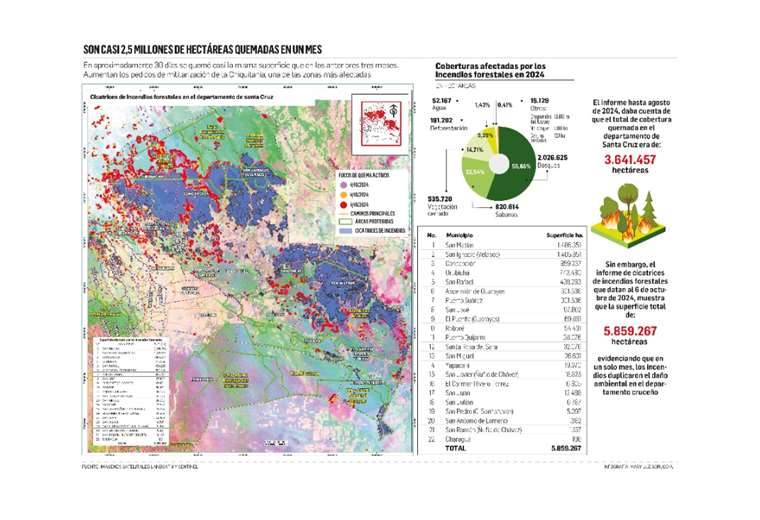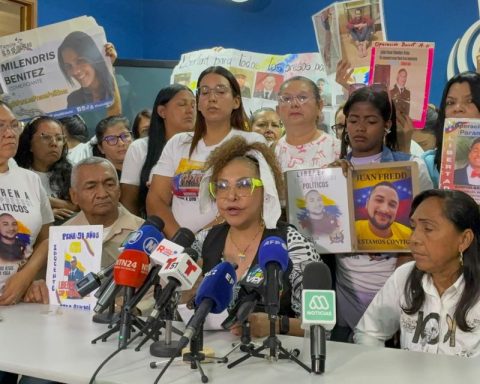In the current context of a reform fiscalthe American company Airbnb is interested in regulating its operational and accommodation in the Dominican Republic, under a model fiscal that adjusts to the nature of its business: that of being a digital platform without a physical presence in the countries in which it operates.
The person in charge of Public Policies and Government Affairs, Carlos Muñoz, explained that Airbnb agrees to withholding 18% of the Tax on the Transfer of Industrialized Goods and Services (Itbis) about the commissions that charges the hosts for the direct services it offers in its application.
The company has its reservations, however, with being responsible for retaining 18% of the Itbis for the offers of accommodation that offer their usersa service different from the company’s direct operations, because each owner decides what he wants to offer and how much he charges for that service.
“The retaining agent system is not working”Head of Public Policy and Government Affairs at Airbnb
Muñoz assures that this is what the General Directorate of Internal Taxes proposes, since 2021 (DGII) in it “Regulation for the Application of Itbis to the services digital captured in the Dominican Republic and provided by suppliers abroad”, a document that has remained stuck in the Legal Consulting Office of the Executive Branch, pending review.
“The system of agent retainer does not work,” argued Muñoz during a visit to Diario Libre, detailing that this modality reduces the competitiveness of the business, since it encourages hosts to look for other websites to offer their accommodation, causing evasion and a greater increase in informal offers.
“That for the platforms digital It’s impossible. Imagine, here there are thousands (of hosts), then I have to do it in my region, which is 39 countries. So, globally all governments are going to want the same thing: In France alone there are more than 20,000 tax jurisdictions. We are not going to become the DGII of the world,” he concluded.
Share the data
Instead, Airbnb proposes to share the data of all his hosts to the DGIIin compliance with the Regulation General Data Protection Regulation (GDPR), a European Union law on protection of the data personal of the users and their free movement in the community space.
Being based in Irelandthe company is obliged to give data general of their hosts -such as names, telephone numbers and addresses- so that the Internal Revenue Service regularizes this activity and retains the Itbis depending on the case that applies to each property.

Likewise, Muñoz guaranteed that the company would support the Government with due awareness to their hostsso that they are aware that “the rules of the game” are going to change and encourage them to pay their taxes before the DGII.
Until now, Muñoz does not know if this proposal was taken into account for the modification of the draft of the regulation that rests in the Legal Consultancy, and indicated that he is in the country waiting to meet with the Internal Revenue executives and obtain more details in this regard.
Limit the offer
Muñoz expressed that the Association of Hotels and Tourism of the Dominican Republic (Asonahores) has been one of the actors that has most insisted that the platforms digital are retention agents, as well as guaranteeing the taking of security measures. security and standards of quality in the properties.
He indicated that, while these concerns are important, requiring security and quality to individual houses, as if they were hotels, could have the negative effect of limiting the supply of short rent accommodationpotentially generating unfair competition against the hotel offer.

















